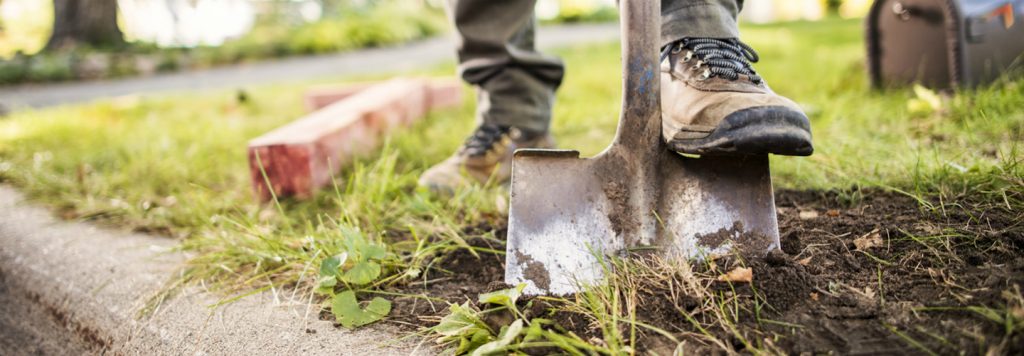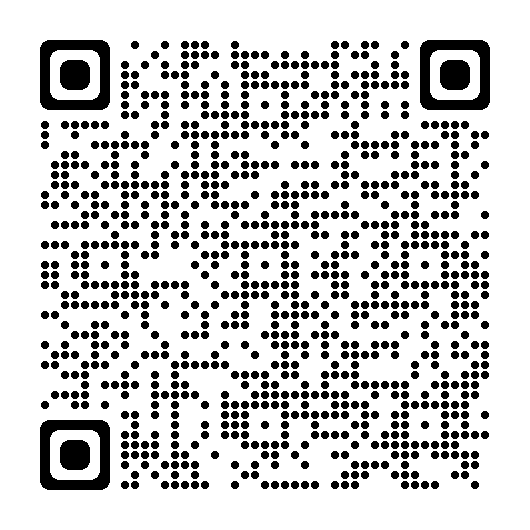Safe Dig Month: Call 811 before you dig into your next project
Before you put a shovel in the ground, remember to contact 811 first

April is National Safe Digging Month, a perfect time to revisit a critical message: Before you put a shovel in the ground, remember to contact 811 first.
Damaging or striking a utility line can be a dangerous situation that causes property damage, fines, service disruptions, serious injury or even death. Don’t let a dig mistake become a big mistake. Call 811 or visit call811.com first. It’s free, easy to set up, and everything you need to know for your state’s requirements is handled in one contact. It’s also the law.
Make it a habit
Contacting 811 before digging to locate buried lines should be everyone’s habit. Find your state’s wait time and call center link below:
- Colorado (three days): co811.org
- Michigan (three days): missdig.net
- Minnesota (two days): gopherstateonecall.org
- New Mexico (two days): nm811.org
- North Dakota (three days): ndonecall.com
- South Dakota (two days): sdonecall.com
- Texas (two days): texas811.org
- Wisconsin (three days): diggershotline.com
Did you know?
- Customer-owned lines you’ve installed in your yard for a gas grill or electricity in a shed or garage, for example, are your responsibility. Use a licensed plumbing, heating or electrical contractor to locate them prior to digging and to maintain them.
- What you don’t know can hurt you. The depth of utility lines will never be indicated. Depth also changes over time with erosion, storms, floods, soil condition, heaving from frost and changes to landscape. Some utilities, such as cable companies, are notorious for burying their lines very shallow. Cross boring, for example, happens without the homeowner’s permission.
- Natural gas smells like rotten eggs. Natural gas in its original state has no odor. But we add an odorant to the natural gas, called mercaptan, to help you recognize a gas leak. It smells like rotten eggs to many, but it may smell differently to you. If you nick a gas line, clear the area quickly. Once safely away, call 911 and Xcel Energy to investigate and repair the damage. Do not use anything that could create a spark (such as lighters, matches, light switches, garage door openers, ignition switches or even cellphones).
- Hand digging. Before you can safely work close to or across an underground utility line, you must first dig by hand to expose the line and verify its exact location and depth. Be knowledgeable about the hand-digging tolerance zone laws in your state.
- Always assume powerlines are energized. Be especially mindful after a storm. Even if there are no sparks or sound, that doesn’t mean the powerline is not energized.
- Always look up for overhead powerlines and stay at least 10 feet away from them. Consider what’s overhead and underground before planting anything that could possibly grow into electric or natural gas lines.
- Stop for stop tape. Gas and electric lines are sometimes buried below yellow (gas) or red (electric) warning tape. If you encounter stop tape, stop digging and hand dig to fully expose the line and verify its exact location and depth before you continue your project.
Find more information and valuable tips for safe digging at Xcel Energy/Public Safety/call-before-you-dig. Or point your cellphone camera at this QR code to take you there.



